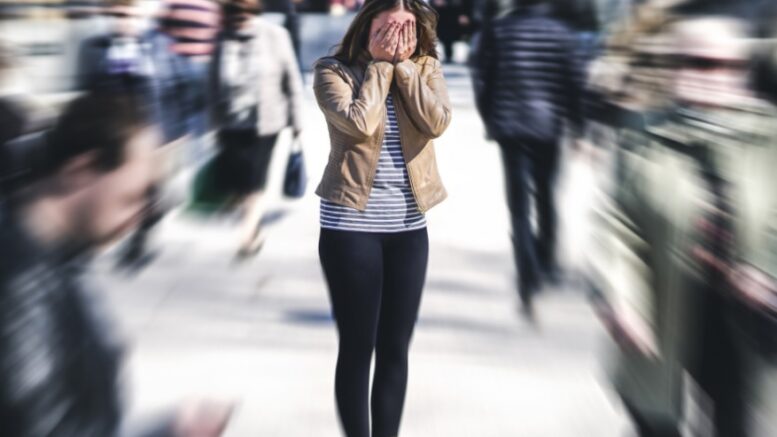Specific phobias are the most common among people. They can be overwhelming, intense, and lasting fears of particular objects, situations, environments, and activities that significantly affect your life. They can develop at any age, regardless of sex, race, or social background.
Specific phobias include:
- Zoophobia (fear of animals)
- Claustrophobia (fear of enclosed spaces)
- Trypanophobia (fear of needles)
- Hemophobia (fear of blood)
- Acrophobia (fear of heights)
- Arachnophobia (fear of spiders)
- Scopophobia (fear of being watched)
- Coulrophobia (fear of clowns)
If you think you have developed specific phobias and are unfamiliar with them, keep reading to learn this beginner’s guide to determining whether you need psychological attention.
Potential Causes of Specific Phobias
Your childhood environment can significantly influence phobias. If your parents are always anxious, you may learn and carry a phobic behavior into adulthood. Other causes include:
Traumas
Negative experiences are inevitable in life. Going through something unpleasant can impact your mental health, resulting in traumas that may cause specific phobias. For example, if a dog attacked you years ago, you may develop an intense fear of dogs (cynophobia).
Long-term stress
Long-term stress may worsen feelings of anxiety and depression, reducing your coping abilities. It can result from trauma, making you more anxious and afraid of being in those situations again. Over long periods, this can eventually lead to specific phobias.
Hearing other people’s negative experiences
During social gatherings, your loved ones can talk about their past experiences, including negative ones. You may also encounter them in news or social media videos where people talk about their traumatic experiences in detail. Hearing about these experiences from other people can also cause specific phobias. Suppose you hear and learn about plane crashes. It may lead to aerophobia (fear of flying).
Symptoms of Specific Phobias
Whichever specific phobia you have, you’ll likely experience these symptoms when triggered:
- Sudden intense fear, anxiety, and panic
- Awareness that it’s irrational but feeling powerless to control it
- Difficulty functioning
- Physical reactions like a racing heartbeat, sweating, chest tightness, or heavy breathing
- Nausea, dizziness, and fainting
- Tantrums or crying for children
Implications of Specific Phobias
Having a specific phobia can be debilitating. It can even lead to the following implications:
- Social isolation – Avoiding certain things can affect social skills and behaviors, resulting in isolation and loneliness.
- Substance abuse – Living with a severe specific phobia may lead to drug abuse and alcoholism for escapism.
- Mood disorders – Severe specific phobias can cause or worsen mood disorders like depression and anxiety.
Prevention for Specific Phobias
Severe specific phobias can be difficult to manage on your own. When self-management techniques fail, consider seeking psychological help, especially for children. Psychotherapists will better help you manage your specific phobias and achieve gradual recovery. This way, you can build resiliency and bravery by facing your fears, which you can eventually teach your children.
